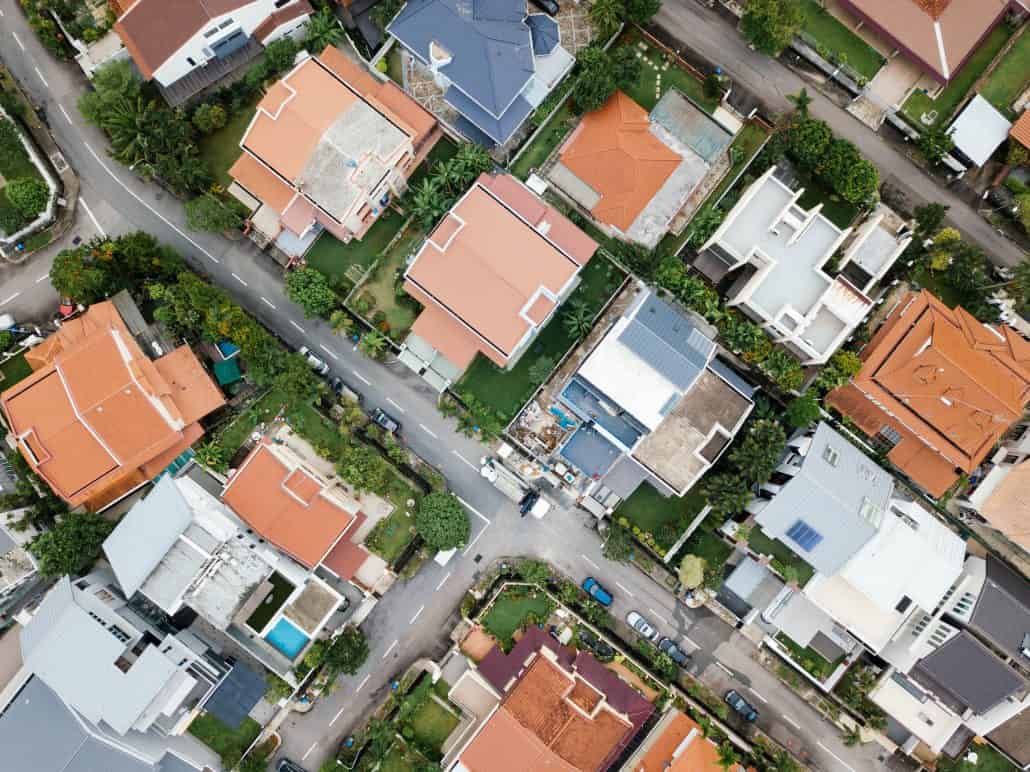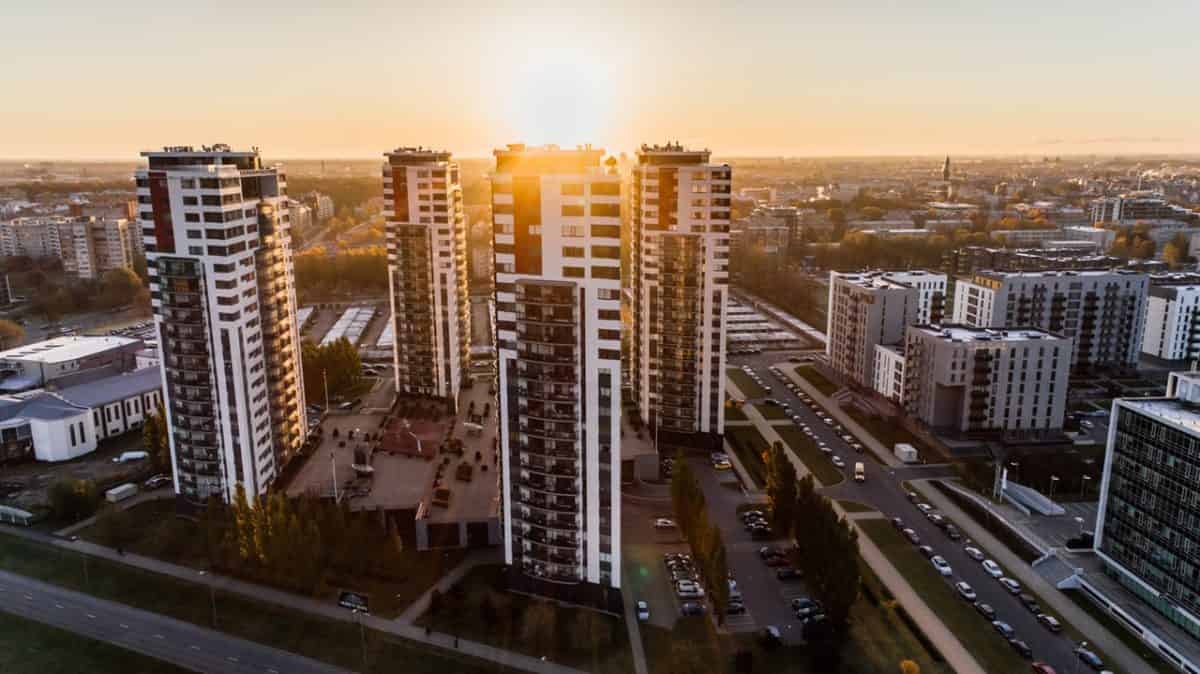Singapore is a city-state that boasts a diverse range of housing options, ranging from luxurious condominiums to quaint heritage shophouses. With so many different types of homes available, it can be overwhelming to decide which one is right for you. In this article, we will explore the various types of houses in Singapore, their unique features, and their pros and cons.
Here’s a breakdown of the percentages and some highlights for each type of housing in Singapore:
- HDB Flats: Approximately 80% of Singaporeans live in HDB flats, and about 90% of the resident population owns their HDB flat.
- Private Condominiums and Apartments: Private condos and apartments make up about 16% of the housing in Singapore. They are typically more expensive than HDB flats but offer more amenities and larger living spaces.
- Landed Properties: Landed properties, including bungalows, semi-detached, and terrace houses, make up about 4% of the housing in Singapore. They are the most expensive type of housing and are usually only affordable for the wealthy.
- Executive Condominiums (ECs): ECs are a type of public-private housing that is affordable for Singaporeans with higher incomes. They make up about 1% of the housing in Singapore.
It’s worth noting that the Singapore government heavily regulates the housing market to ensure affordable and accessible housing for its citizens. HDB flats, for example, are priced below market rates and are subject to certain eligibility criteria for purchase. Private condos and apartments, on the other hand, are subject to various taxes and fees to curb speculation and keep prices in check.
HDB Flats
The Housing and Development Board (HDB) is Singapore’s public housing authority, and HDB flats are the most common type of home in Singapore. These flats are built and managed by the HDB, and they are usually located in residential areas. There are several types of HDB flats available, including:
- Studio Apartments: These are small, single-room flats that are designed for elderly residents.
- 2-room Flats: These flats typically have a bedroom, a living room, a kitchen, and a bathroom.
- 3-room Flats: These flats have two bedrooms and are suitable for small families.
- 4-room Flats: These flats have three bedrooms and are suitable for larger families.
- 5-room Flats: These flats have four bedrooms and are suitable for large families.
Pros:
- HDB flats are more affordable than private properties.
- They offer a range of housing options to cater to different needs and family sizes.
- They are usually located in residential areas with access to public amenities such as schools, markets, and public transportation.
Cons:
- HDB flats are subject to certain restrictions, such as a minimum occupancy period of five years before they can be sold or rented out.
- They may not offer the same level of privacy and exclusivity as private properties.
Condominiums
Condominiums, or “condos” for short, are privately owned residential properties that offer a range of facilities such as swimming pools, gyms, and playgrounds. These properties are managed by a management corporation, and residents are required to pay maintenance fees to upkeep the common areas.
Pros:
- Condominiums offer a range of facilities and amenities that are not typically available in HDB flats.
- They provide a higher level of privacy and exclusivity.
- They can offer good rental yield for investors.
Cons:
- Condominiums are more expensive than HDB flats.
- They may be subject to stricter regulations and by-laws.
Landed Properties
Landed properties are houses that are built on a piece of land that is owned by the homeowner. These properties include bungalows, terraced houses, and semi-detached houses.
Pros:
- Landed properties offer a high level of privacy and exclusivity.
- They can be customized and renovated to suit the homeowner’s preferences.
- They offer a sense of ownership and pride.
Cons:
- Landed properties are the most expensive housing option in Singapore.
- They may require more maintenance and upkeep than other types of homes.
- They may be subject to strict regulations and zoning laws.
Shophouses
Shophouses are unique to Singapore and are a part of the city-state’s rich cultural heritage. These properties are usually two or three stories tall and have a commercial shop on the ground floor, with residential quarters on the upper floors.
Pros:
- Shophouses offer a unique blend of commercial and residential living.
- They are rich in history and cultural significance.
- They can offer good rental yield for investors.
Cons:
- Shophouses may require more maintenance and upkeep than other types of homes.
- They may be subject to strict conservation regulations.
Comparison table
Here is a comparison table that summarizes the pros and cons of each type of house in Singapore:
| Type of House | Pros | Cons |
|---|---|---|
| HDB flats | Affordable | Limited design options |
| Condominiums | Luxurious amenities | Expensive |
| Landed properties | Spacious and private | High maintenance cost |
| Shophouses | Unique architecture and heritage value | May require costly renovations |
Overall, the type of house that is best for you will depend on your budget, lifestyle, and personal preferences. HDB flats are a good option for those who prioritize affordability, while condominiums offer a luxurious living experience with top-notch amenities. Landed properties are ideal for those who value space and privacy, but they also come with higher maintenance costs. Shophouses, while offering unique architectural features and heritage value, may require costly renovations.
Conclusion
Overall, the housing market offers a diverse range of options to suit different needs and preferences. Whether you’re a first-time home buyer or looking to upgrade to a bigger space, it’s important to consider all the pros and cons of different types of house in Singapore before making a decision.
By doing so, you can ensure that you find a home that not only fits your budget, but also enhances your quality of life.
Originally posted 2023-01-31 10:03:38.


